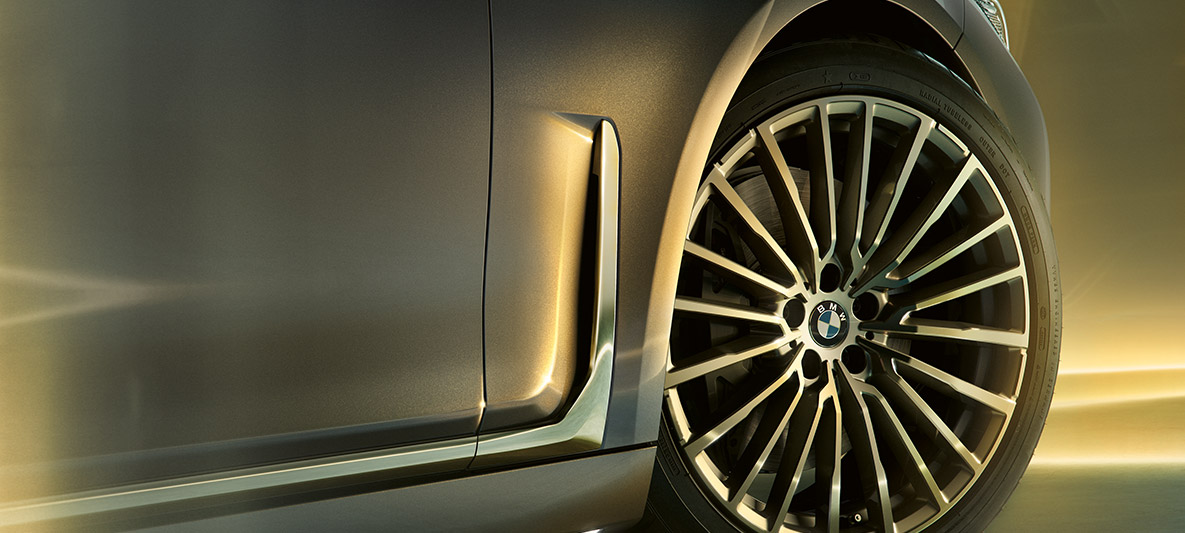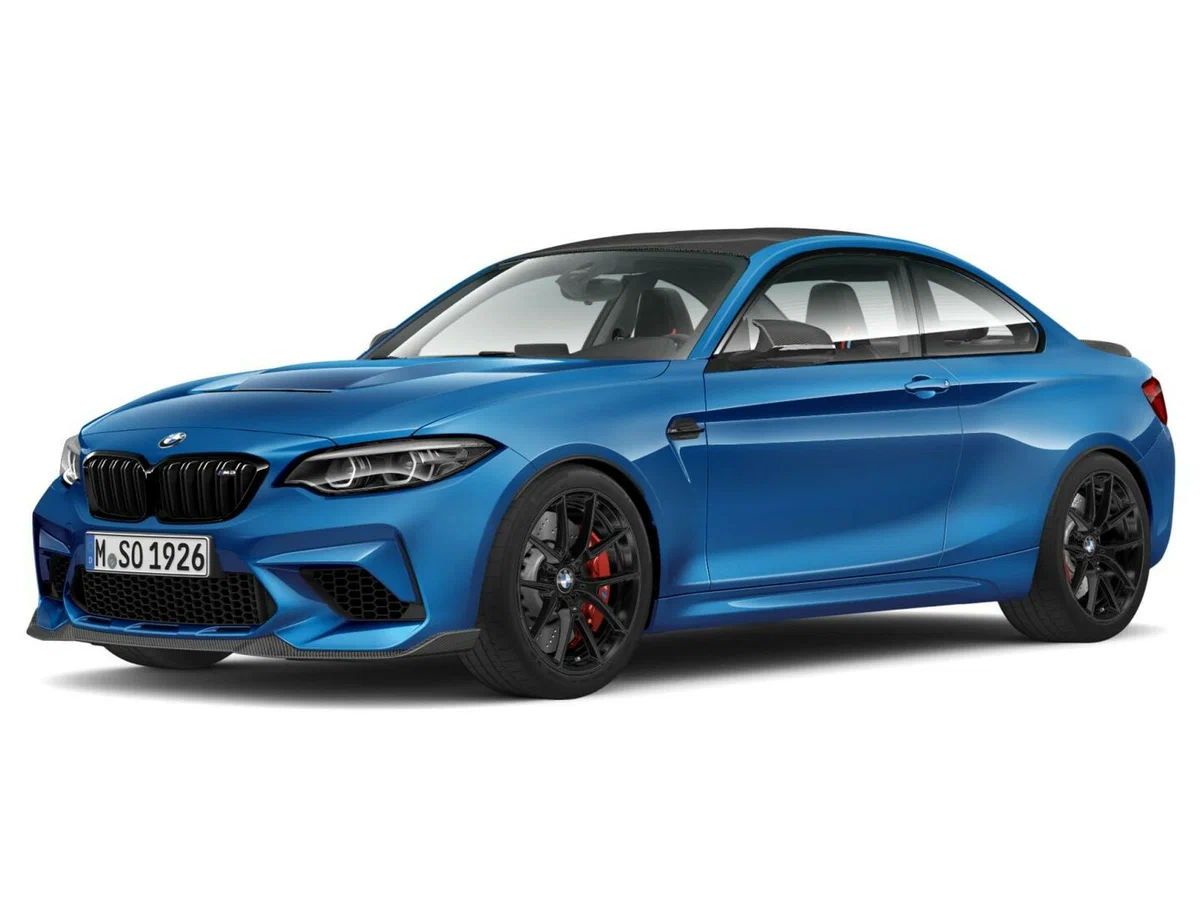When you think about enhancing your BMW’s overall look and performance, the first thing that may come to mind is upgrading the wheels. And if you’re a BMW enthusiast, there’s no better way to elevate your driving experience than by investing in BMW alloys. These wheels not only add a stylish touch to your car but also improve handling, performance, and durability. In this article, we’ll explore the different types of BMW alloy wheels, their benefits, and how to choose the perfect ones for your vehicle.
What Are BMW Alloys?
BMW alloys refer to a special kind of wheel made primarily from an alloy of aluminum and other metals like magnesium. Unlike traditional steel wheels, these alloys are lighter, stronger, and more corrosion-resistant. BMW’s reputation for luxury and performance is reflected in their choice to use alloy wheels, making them a key component of many of their models.
Difference Between Alloy Wheels and Steel Wheels
Alloy wheels are a step above the standard steel wheels that come with many vehicles. The key differences lie in their composition and performance:
- Material: Alloy wheels are made from aluminum or magnesium, which makes them lighter than steel wheels.
- Strength: Alloy wheels are generally stronger than steel wheels and can withstand more force, making them ideal for performance vehicles like BMWs.
- Aesthetics: Alloy wheels are often more stylish, offering a more polished and premium look compared to the bulkier, less visually appealing steel wheels.
- Heat Dissipation: Alloy wheels dissipate heat better, which is crucial for performance driving and braking efficiency.
Why Choose BMW Alloy Wheels?
Choosing BMW alloy wheels means you’re selecting a product designed for both style and function. These wheels are engineered to handle the high-performance demands of a BMW while also offering a sleek, modern design that enhances the vehicle’s overall look. Moreover, they improve handling and braking performance, which can give you a more responsive and enjoyable driving experience.
Types of BMW Alloys
BMW offers a variety of alloy wheels tailored to different driving needs and preferences. Here are the main types:
Lightweight Alloy Wheels
Lightweight alloy wheels are designed for performance and efficiency. They reduce the weight of your vehicle, which in turn improves fuel efficiency, acceleration, and braking. These wheels are a great option for those looking to enhance the performance of their BMW without compromising on style.
Forged Alloy Wheels
Forged alloy wheels are made from a single piece of high-strength aluminum, which is compressed under extreme pressure. This process makes them incredibly durable and resistant to cracking or bending. Forged wheels are ideal for those who want a combination of lightweight performance and superior strength.

Cast Alloy Wheels
Cast alloy wheels are created by pouring molten metal into a mold. They tend to be less expensive than forged wheels and offer a good balance of strength and weight. Cast wheels are a popular choice for many BMW owners looking for durable yet affordable alloy wheels.
Benefits of BMW Alloy Wheels
Investing in BMW alloys comes with several benefits that can elevate your vehicle in more ways than one:
Improved Performance and Handling
The lightweight nature of alloy wheels means your car’s suspension system doesn’t have to work as hard to support the wheels, resulting in better handling, faster acceleration, and improved braking. Lighter wheels reduce unsprung weight, which can significantly enhance your car’s cornering ability and overall stability.
Enhanced Aesthetics and Style
One of the most immediate benefits of alloy wheels is their ability to improve your vehicle’s appearance. BMW alloys are designed to be sleek and modern, offering a sharp contrast to the more utilitarian look of steel wheels. The wide variety of designs available ensures you can find the perfect look to complement your BMW.
More: BMW Milton Keynes The Ultimate Destination for Luxury Cars
Durability and Corrosion Resistance
BMW alloys are highly resistant to corrosion, especially when compared to steel wheels. This makes them an excellent choice for areas with harsh climates or heavy rainfall, as they’re less likely to rust or deteriorate over time. Additionally, alloy wheels are more durable and able to withstand the stresses of high-speed driving and rough roads.
How to Choose the Right BMW Alloy Wheels
When choosing the right BMW alloy wheels, several factors should be considered:
Sizing and Fitment
Before purchasing alloy wheels, it’s essential to ensure they fit your BMW model correctly. BMW offers wheels in a variety of sizes, from compact sedans to high-performance M models. Be sure to check the wheel size, bolt pattern, and offset to ensure compatibility with your car.
Material and Quality
The quality of the alloy material plays a significant role in both the performance and durability of the wheel. Look for wheels made from high-quality aluminum or magnesium alloys for the best performance and strength.
Design and Style
BMW alloys come in a range of designs, from classic five-spoke wheels to more intricate, modern styles. Consider the overall look of your car and what kind of design will best complement its style. Whether you prefer a sporty or elegant look, there’s an alloy design that suits every preference.
Maintaining Your BMW Alloy Wheels

Proper maintenance is key to ensuring your BMW alloys continue to look great and perform well over time.
Cleaning and Caring for Alloy Wheels
To maintain the shine and performance of your alloy wheels, regular cleaning is essential. Use a mild detergent and a soft cloth to avoid scratching the surface. Avoid using harsh chemicals or abrasive materials that could damage the finish. For added protection, you can apply a special wheel cleaner or protective coating.
Avoiding Common Alloy Wheel Issues
Common problems with alloy wheels include curb rash, bent rims, and corrosion. To avoid these issues, drive carefully, avoid hitting curbs or potholes, and regularly inspect your wheels for any signs of damage. If you do notice any cracks or bends, it’s important to replace the wheel as soon as possible to maintain your safety on the road.
Upgrading to BMW Alloy Wheels: What You Need to Know
When to Upgrade Your Wheels
Upgrading to alloy wheels is a great way to enhance the performance and aesthetics of your BMW. If your current wheels are damaged, rusted, or simply outdated, it may be time to make the switch. Alloy wheels not only improve the look of your car but also provide a noticeable boost in performance, especially for those who love driving.
Cost vs. Benefit of Upgrading
While alloy wheels can be more expensive than steel wheels, the benefits they offer in terms of performance, style, and durability make them a worthwhile investment. Plus, they can help increase the resale value of your car in the long run.
Conclusion
Upgrading to BMW alloy wheels is an excellent choice for any BMW owner looking to enhance the vehicle’s performance, appearance, and durability. With various options to choose from, including lightweight, forged, and cast alloys, there’s a perfect set of wheels for every type of driver. By considering factors like size, material, and design, you can select the best alloy wheels to match your BMW’s unique style and performance needs. Regular maintenance will ensure your alloys continue to shine and perform at their best, offering you a smooth, enjoyable driving experience for years to come.




